Programme
Of Levity and Humanity: The Otar Iosseliani Retrospective
Like a secluded poet, Otar Iosseliani (1934-2023) is probably the most mysterious filmmaker of the 20th century. His unique way of looking at the world blossoms his cinematic visions, and a distinctive Iosselianian universe: convivial, sublime, with whimsical humanity.
1934 was the year L’Atalante was released and Iosseliani was born. Fate has it that Jean Vigo’s anarchic cinema served as his inspiration. A graduate of VGIK, he never abided by the orthodoxies of socialist realism, and expressed disdain for ‘monumental figures’ like Eisenstein for surrendering to party ideology. It’s no surprise that all his films fell foul of the Soviet censors.In 1982, he decided enough was enough and left to live in Paris.
Iosseliani’s cinema stands apart from the rest. Like a therapeutic antidote to the tyrannical bitterness of pedantry, the profound levity of his cinema serves as an ode to life freed from dogma. Discarding any kind of cohesive narrative, his films are loosely episodic and hardly plot-driven. His kaleidoscopic characters weave the narrative through their movements, dispersing in random directions yet interconnected with creative use of sound, skilful editing, and meticulous mise-en-scene. It’s a unique rhythm of its own, evoking musicality that blends the gentle absurdist humour with the leisurely pace to form his inimitable, idiosyncratic fables.
Regarded as the true heir to Jean Renoir, Jacques Tati, and Luis Buñuel, Iosseliani’s cinema is infused with poetic realism, comic rhythm, and subversive vision, yet he made it clear that he only ‘stole’ from paintings, music and literature. It is no coincidence that thieves always appear in his films, stealing almost everything – from paintings to money, silver spoons, wine, and even personal freedom. ‘Everything that happens in my films has to be with people’s weakness for possession,’ says Iosseliani. ‘And this leads to real values such as feelings disappearing.’ By stealing away all the unnecessary from life and frame, what remains is the essence – true moments of passing life.
Like stealing, drinking wine is indispensable in his films. His passion for vodka became a way of interpreting the world. Quietly flourished in the poetic distance between his lens, the characters and reality, his self-described ‘abstract comedies’ find pleasure in the minutiae of quotidian existence amid his incisive explorations of human absurdity, while yielding a sharp satire on the greed and emptiness of bourgeois society. And it is the delicate balance that puts the world in the right order.
Otar Iosseliani Short Film Collection
Read more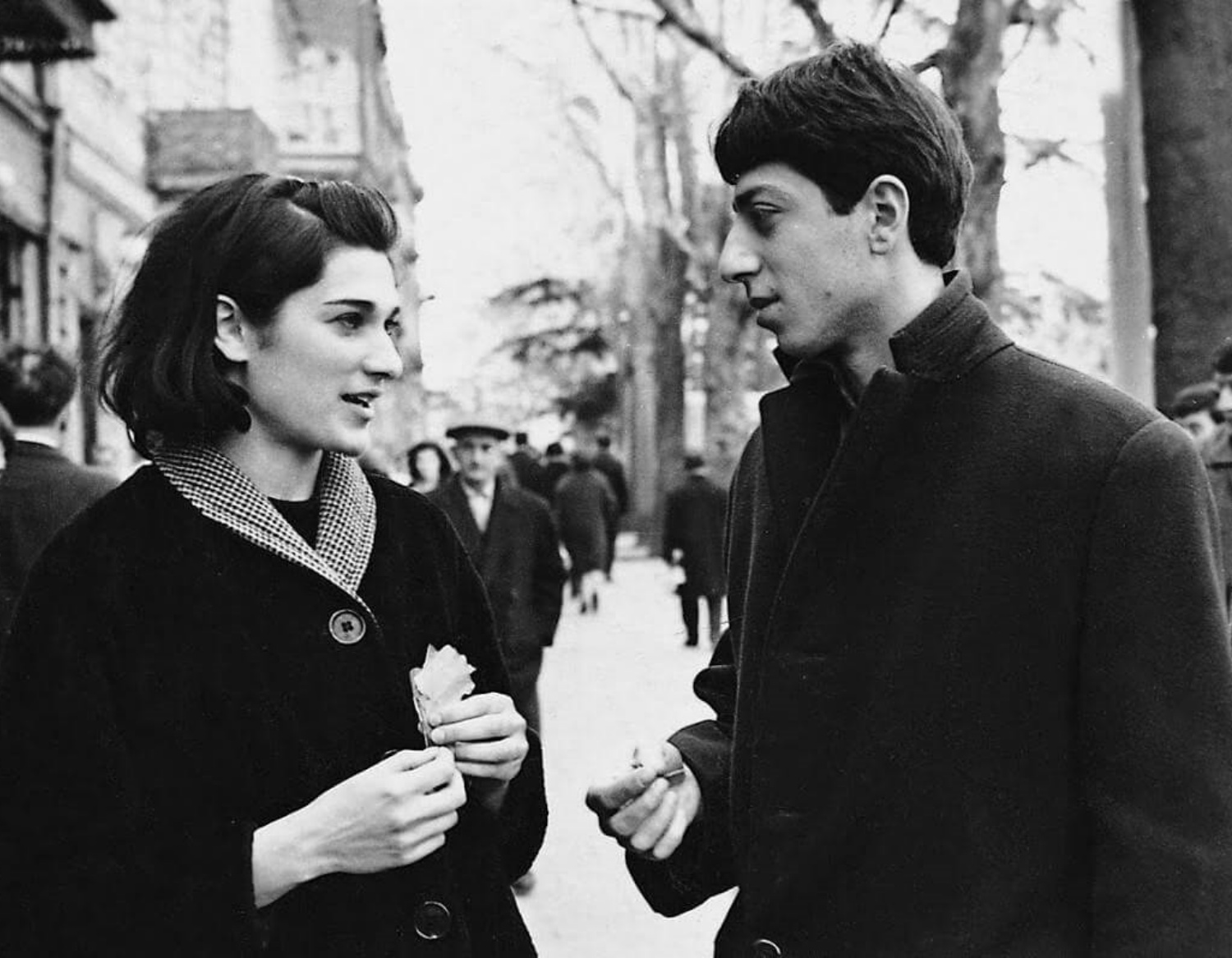
Falling Leaves
Read more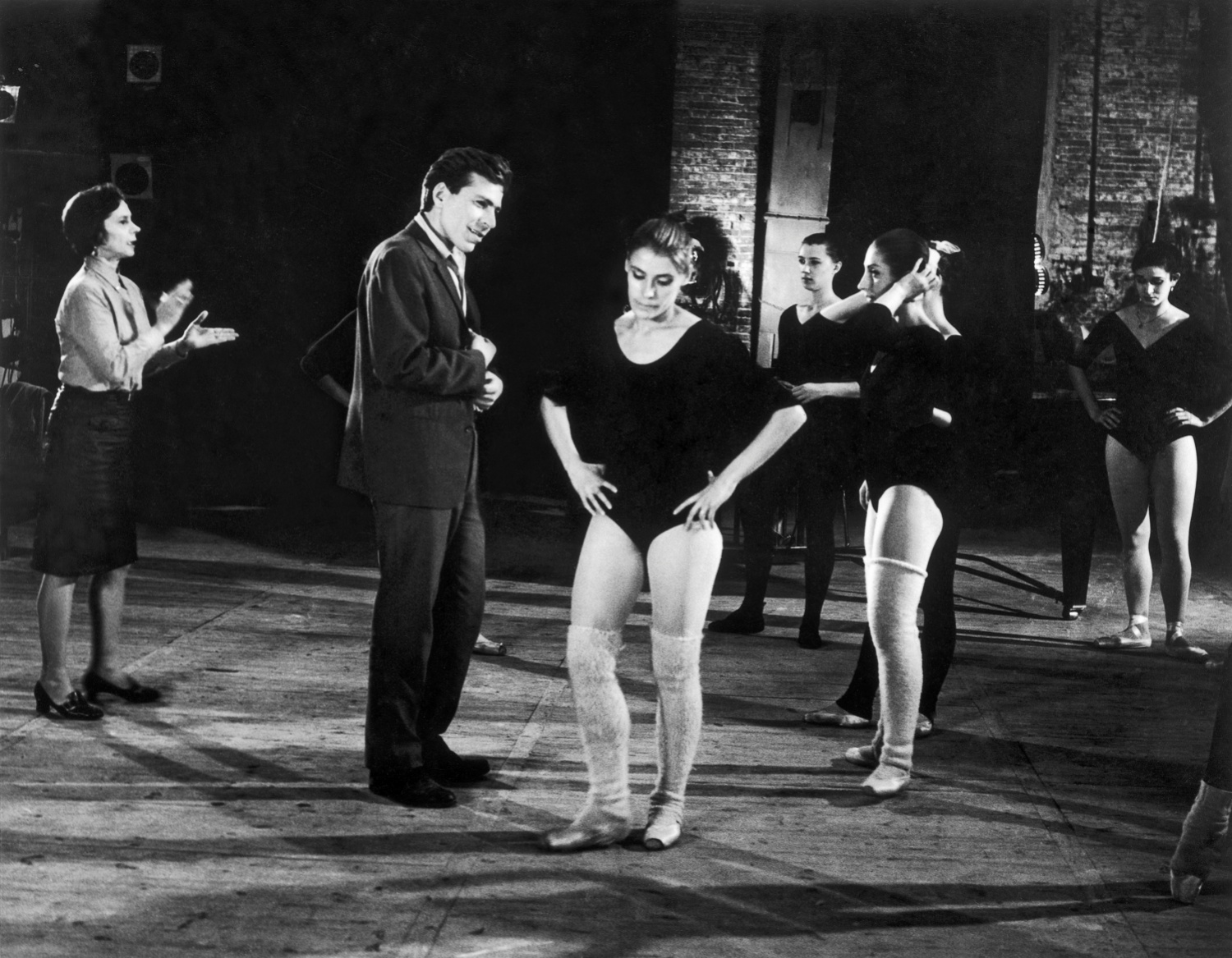
Once Upon a Time There Was a Singing Blackbird
Read more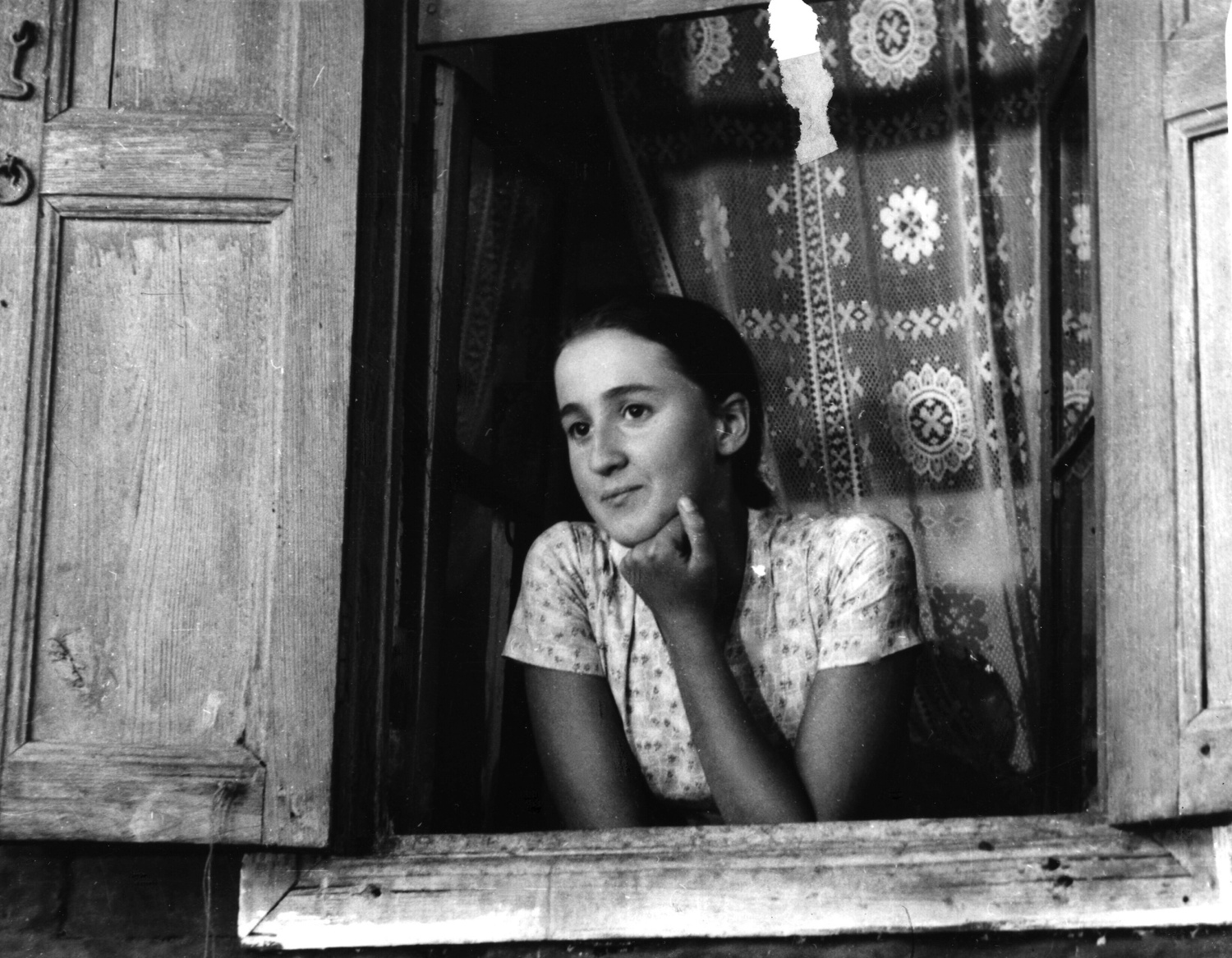
Pastorale
Read more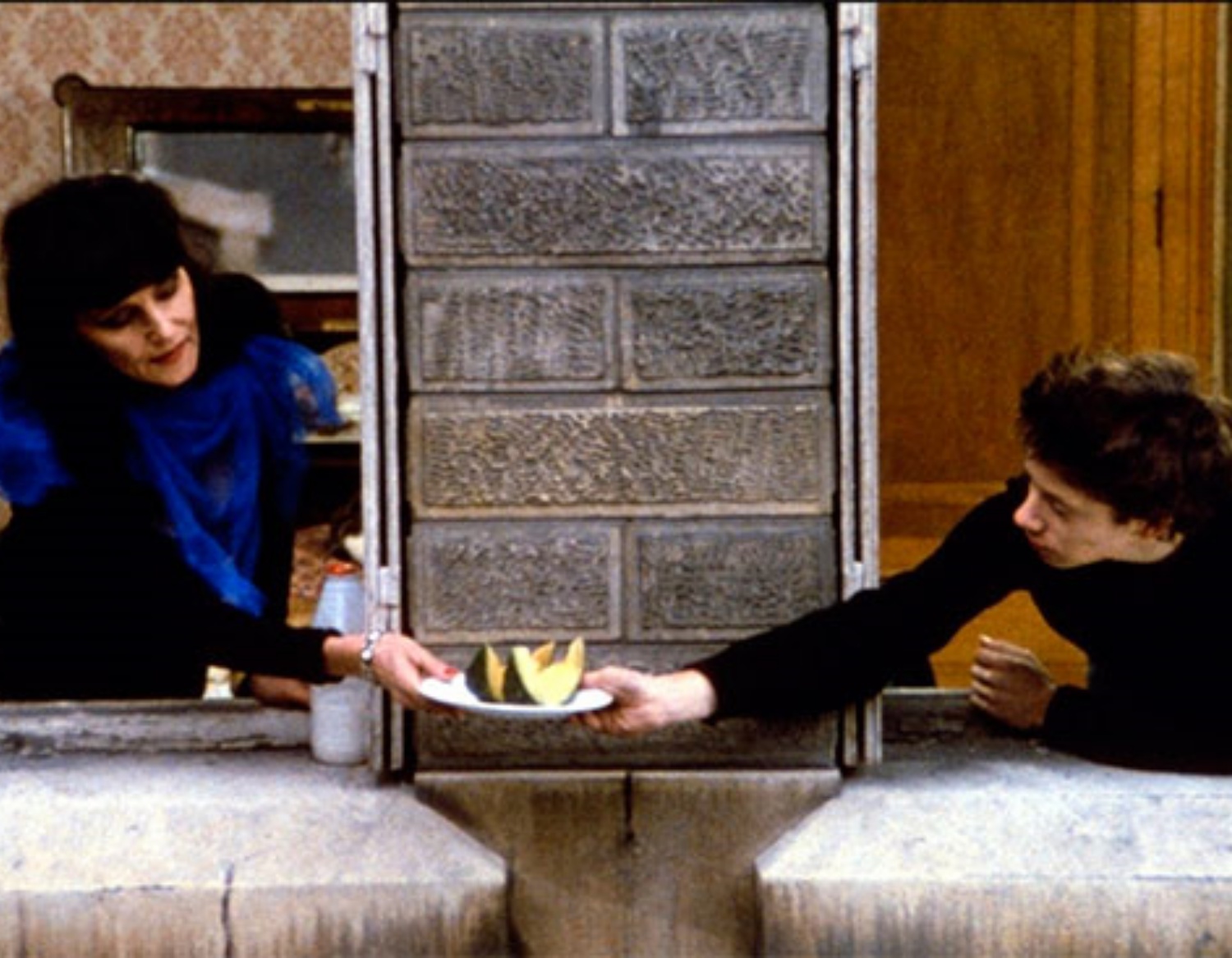
Favourites of the Moon
Read more
And Then There Was Light
Read more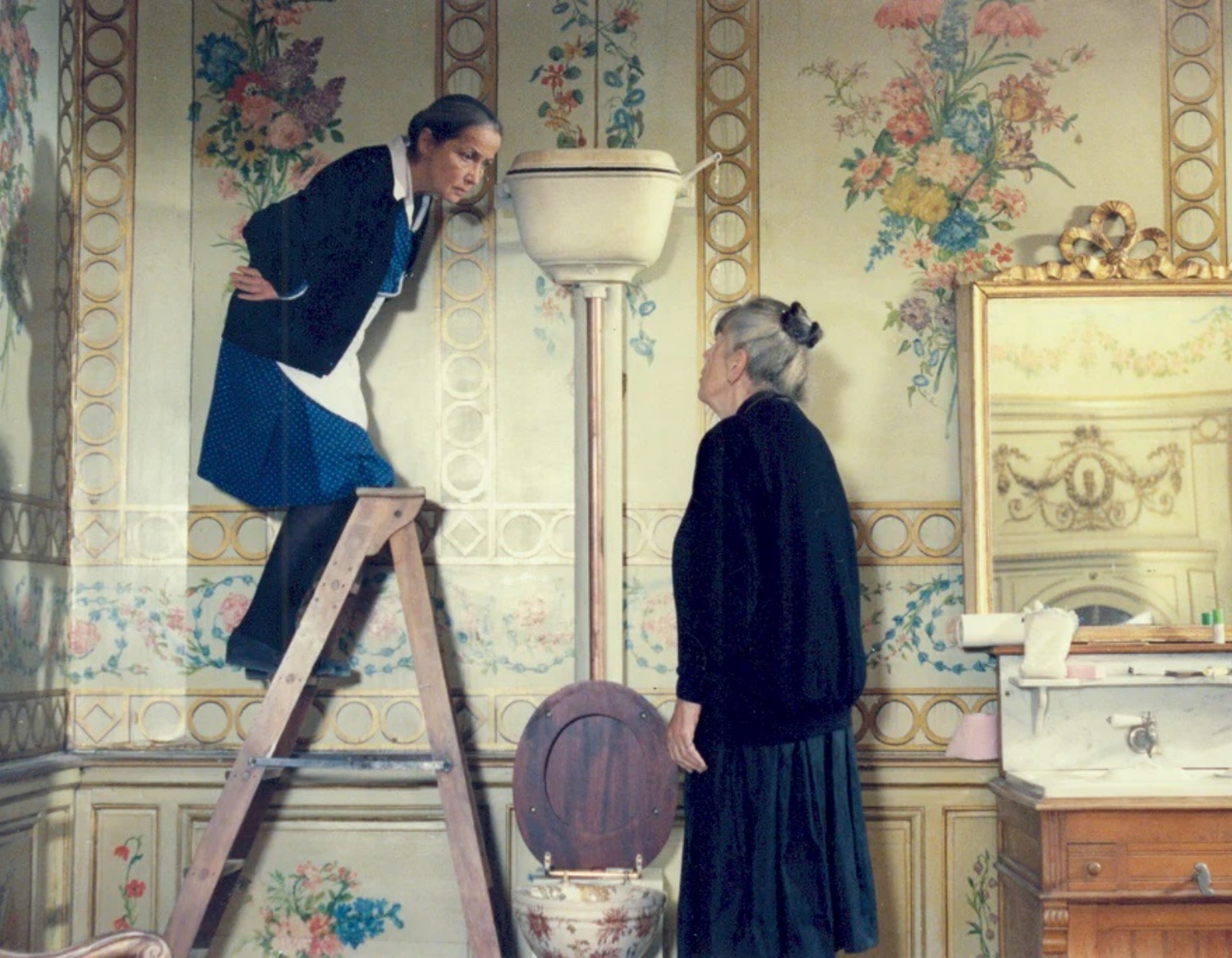
Chasing Butterflies
Read more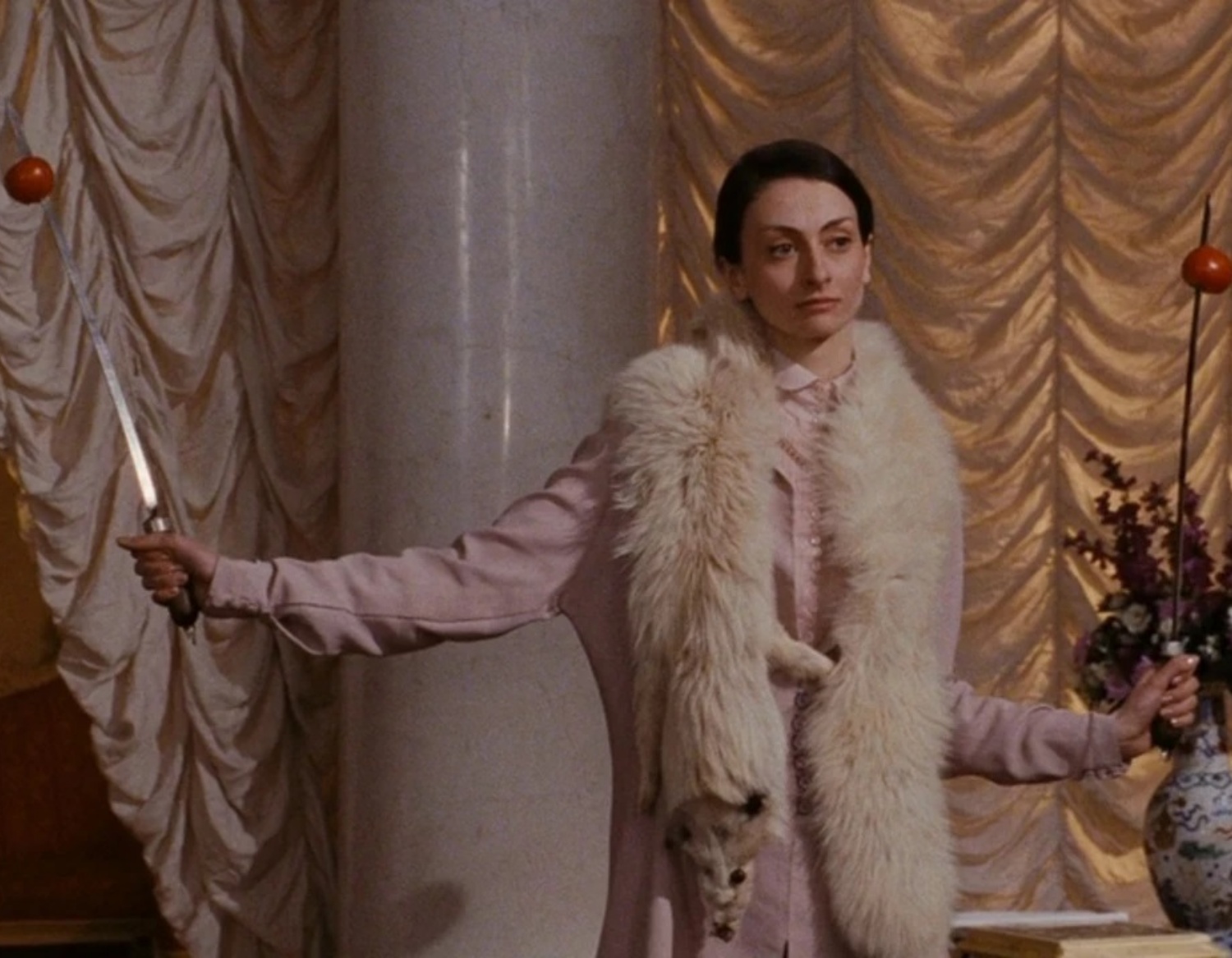
Brigands, Chapter VII
Read more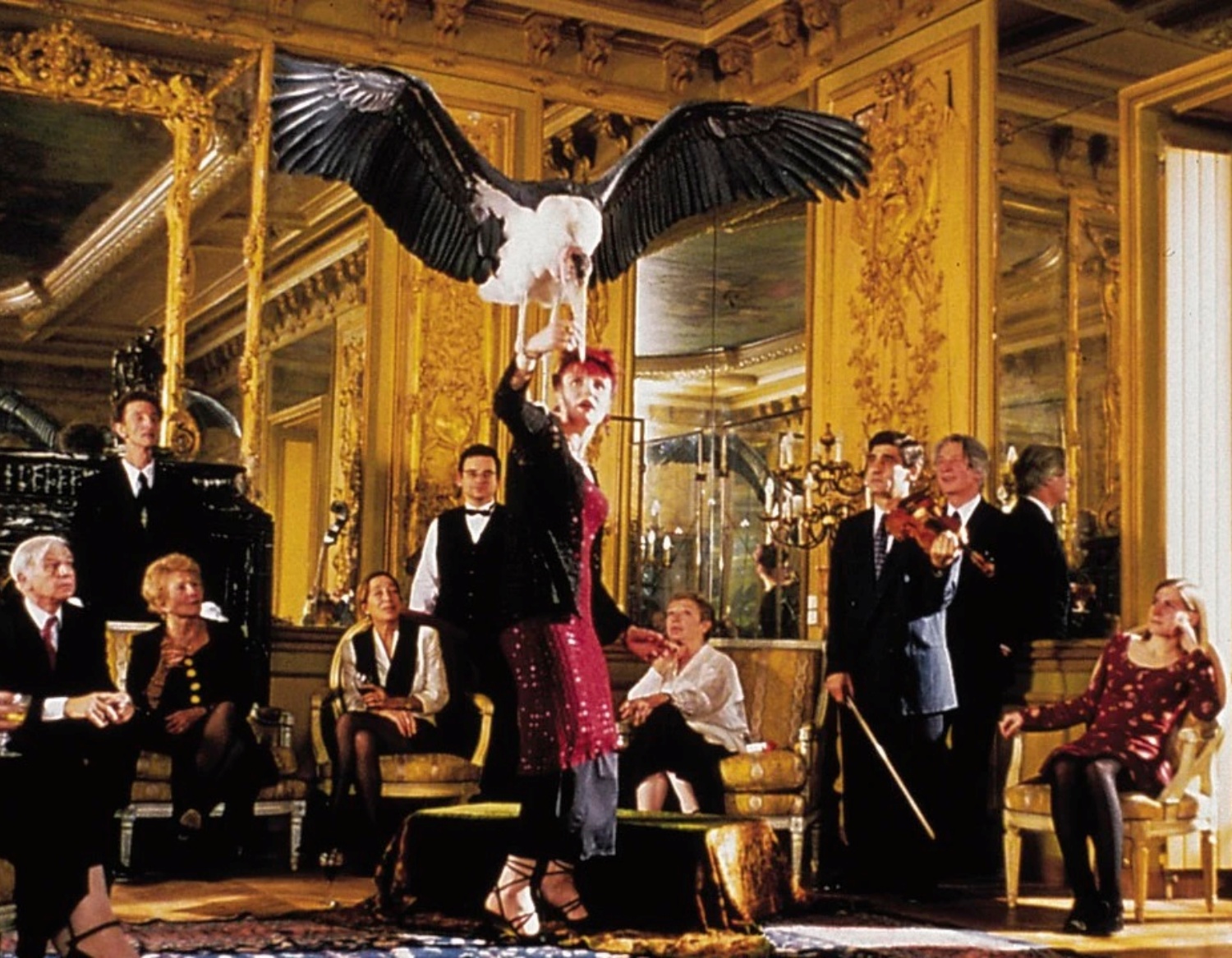
Farewell, Home Sweet Home
Read more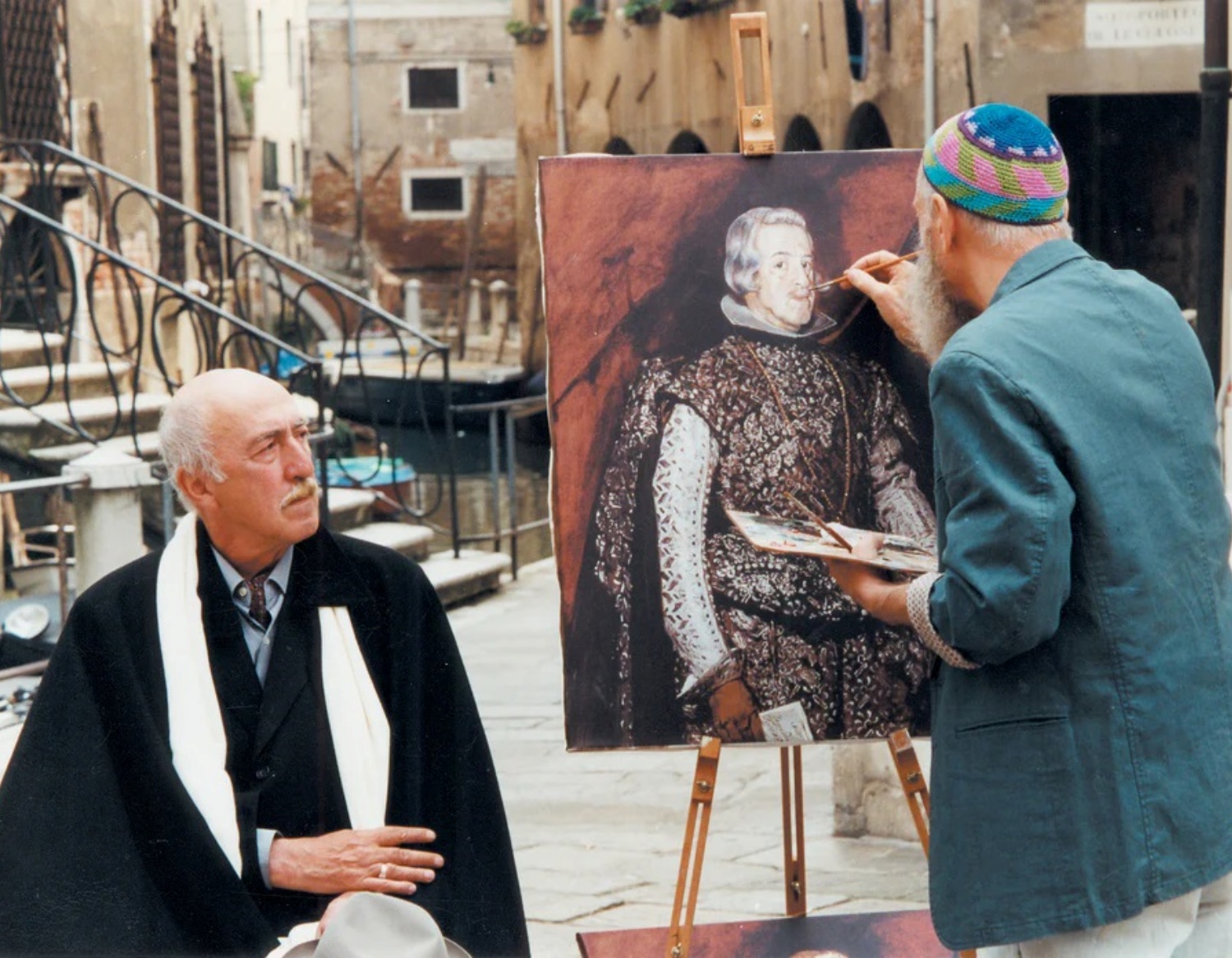
Monday Morning
Read more




